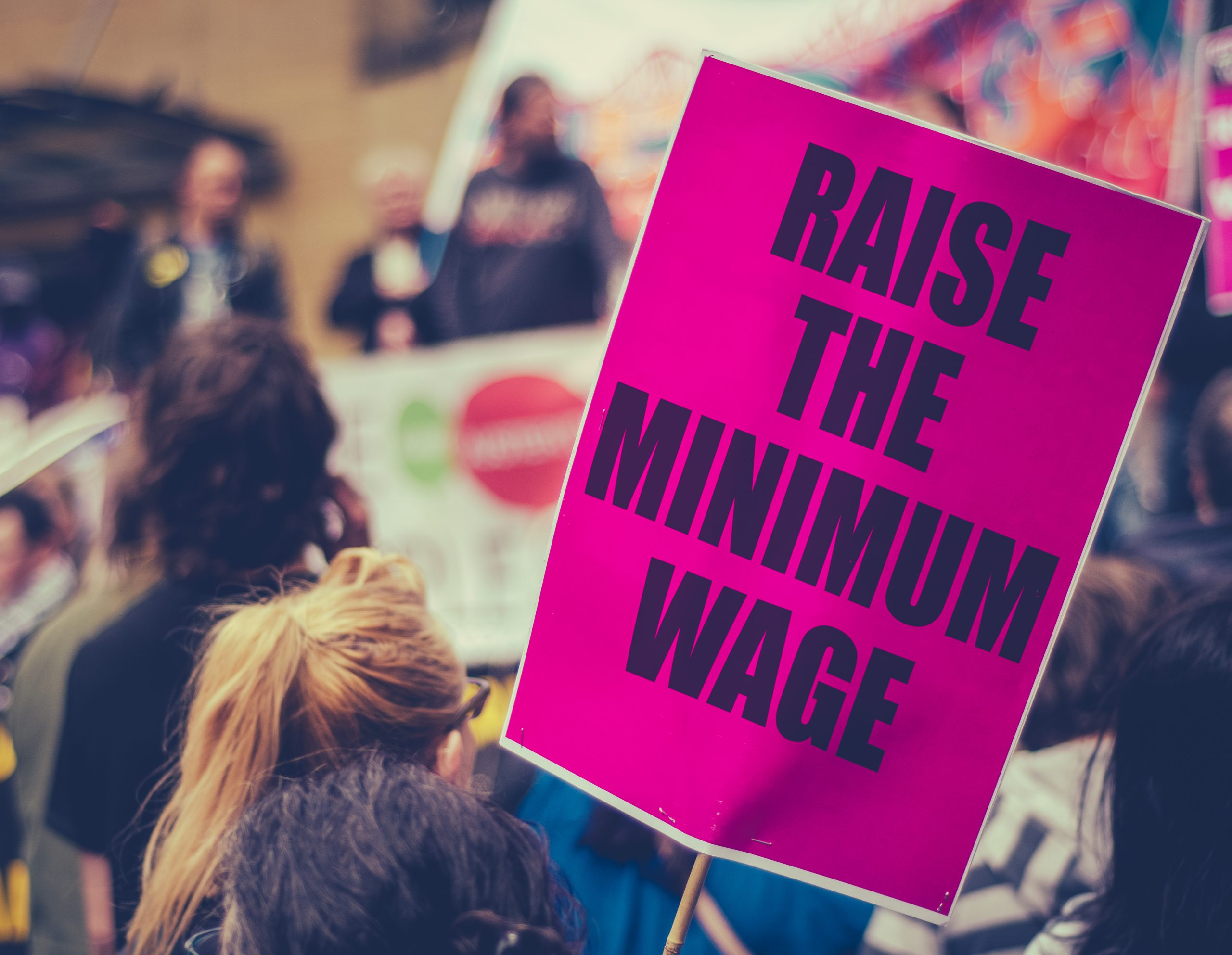Minimum wage is the lowest wage permitted by law or union contract for a specific job or industry. It’s designed to protect workers from exploitation by ensuring a basic level of income.
Why is Minimum Wage Important?
- Economic Justice: Ensures a basic standard of living for workers.
- Reduced Poverty: Helps to alleviate poverty and reduce income inequality.
- Stimulates the Economy: Increased consumer spending can boost economic growth.
- Fair Labor Practices: Discourages unfair labor practices and wage theft.
Factors Affecting Minimum Wage
- Economic Conditions: Economic growth, inflation, and unemployment rates can influence minimum wage levels.
- Political Climate: Political views and public opinion on labor issues can impact minimum wage policies.
- Cost of Living: The cost of living in a particular region can affect the adequacy of the minimum wage.
- Industry and Occupation: Some industries and occupations may have specific minimum wage regulations.
The Debate Over Minimum Wage
While minimum wage is generally seen as a positive measure, there are ongoing debates about its impact:
- Job Creation: Some argue that increasing the minimum wage can lead to job losses, as businesses may reduce hiring or cut hours.
- Inflation: Others worry that raising the minimum wage can contribute to inflation.
- Small Business Impact: Small businesses, in particular, may face challenges in complying with higher minimum wage requirements.
The Future of Minimum Wage
As economies continue to evolve, the debate over minimum wage will likely persist. Factors such as automation, globalization, and the gig economy will shape the future of minimum wage policies.
It’s important to strike a balance between ensuring fair compensation for workers and maintaining a healthy business environment.
Would you like to know more about a specific aspect of minimum wage, such as its impact on different industries or the history of minimum wage laws?




